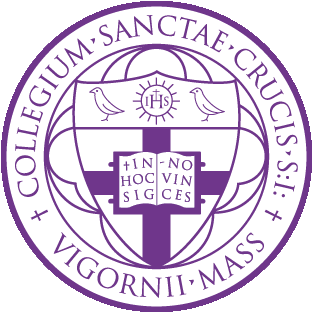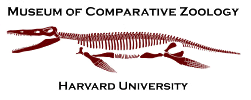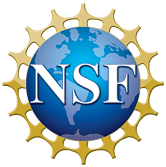Sternum (Breast Bone) of the Emu Dromaius novaehollandiae (MCZ 1586)
Rotate: left click on mouse
Zoom: right click on mouse (PC) or command and click (Mac)
Move: left and right click simultaneously (PC) or shift and click (Mac)
| Phylogenic Position | |
|---|---|
| Aves - Palaeognathae - Struthioniformes - Casuariidae - Dromaiinae - Dromaius - Dromaius novaehollandiae | |
| Species Description | |
|
|
|
| Specimen Information | |
| Species | Dromaius novaehollandiae (Emu) |
| Element | Sternum (Breast Bone) |
| Specimen Number | MCZ 1586 |
| Sex | Female |
| Location | Concord Field Station |
| Geological Age | Recent |
| Technical Information | |
| Scanner | Konica Minolta Range7 |
| Resolution | 40 µm |
| Number of Data Points | 947388 |
| Number of Data Polygons | 1894729 |
| Date Scanned | March 21, 2009 |
| Scan Technician | Heather Ehlers |
| Edited By | Heather Ehlers |
| Photographs | |
|
View All 6 Images |
|
| Download Digital Model | Size |
| STL File Not Publicly Available | 94.7 MB |
| Other Dromaius novaehollandiae (Emu) Elements | |
| Specimen | Element |
| MCZ 1586 | Right Tarsometatarsus (Right Fused Element Consisting of Ankle and Middle Foot Bones) |
| MCZ 1586 | Left Tarsometatarsus (Left Fused Element Consisting of Ankle and Middle Foot Bones) |
| MCZ 343198 | Sternum (Breast Bone) |
| Institution Data Use Policy | |
| http://www.mcz.harvard.edu/privacy/user.html | |




